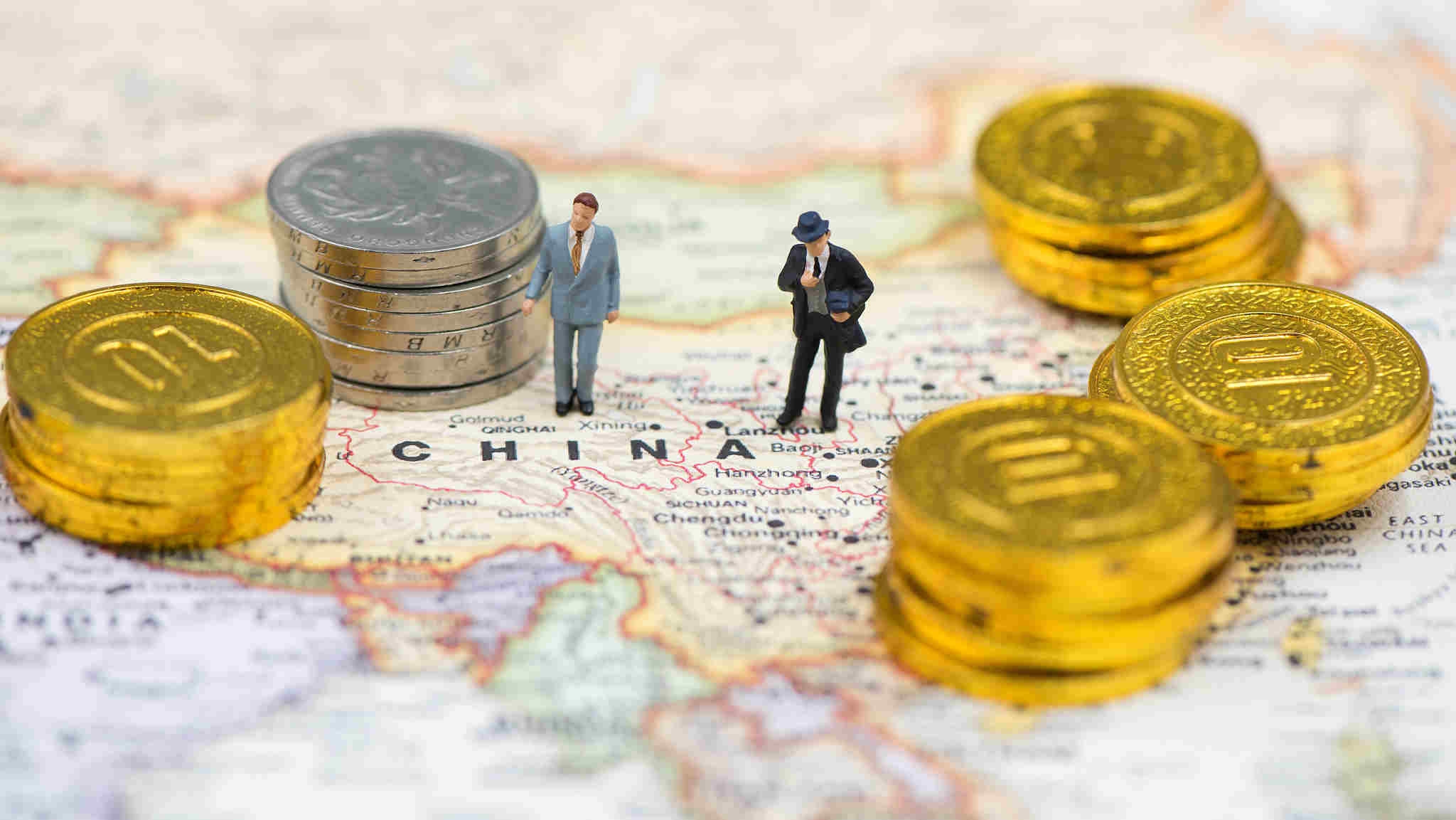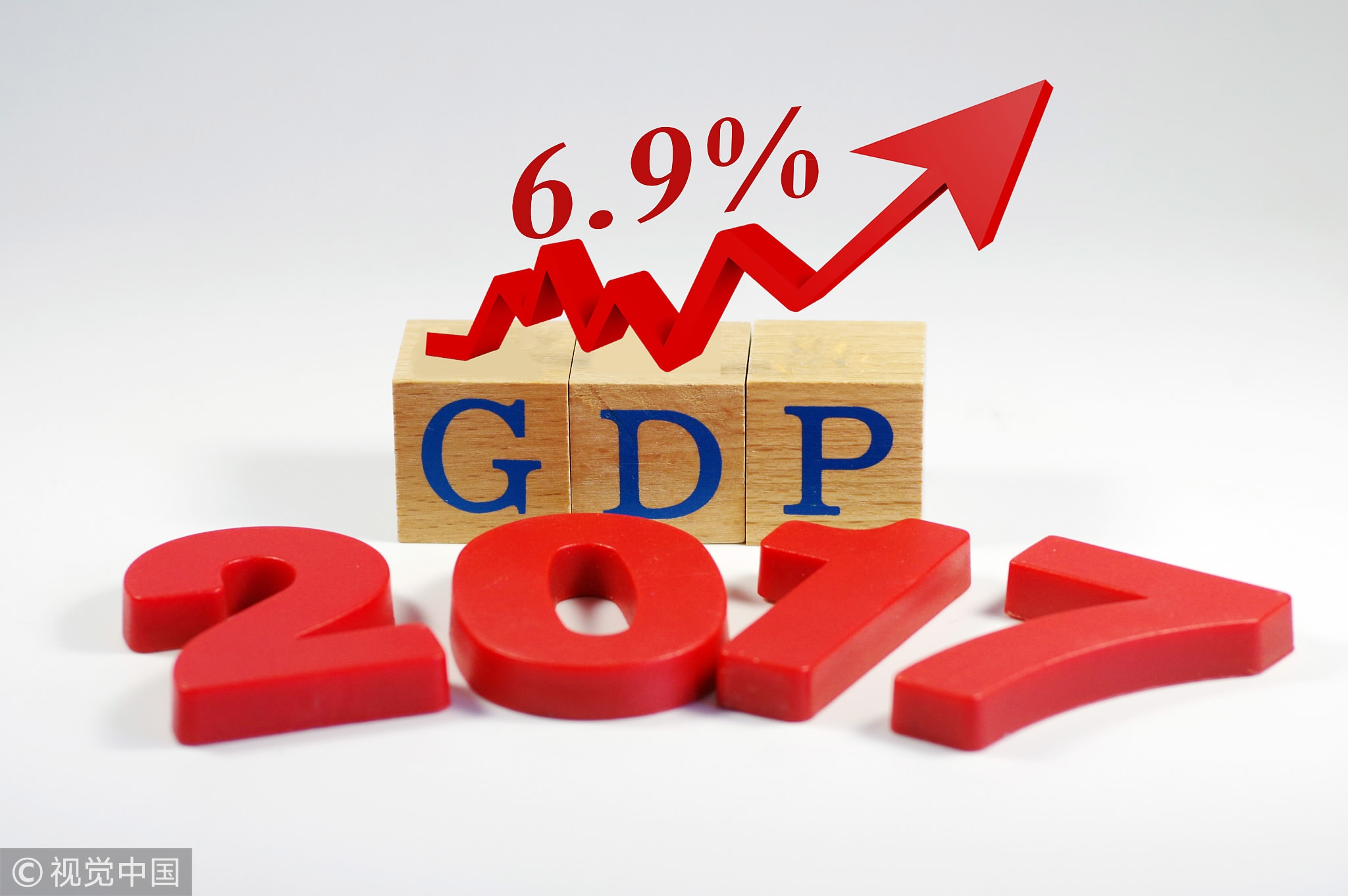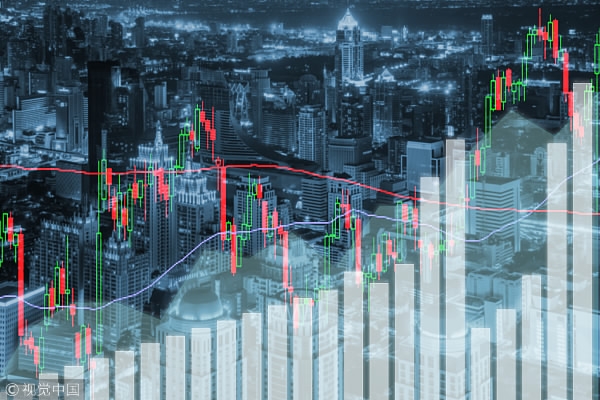
Opinions
22:46, 23-Jan-2018
Opinion: Why China's belief in human competence will stop a 2008-like financial crisis
Guest commentary by Jiahe Chen

Many years ago when I was a student at a university in England, there was a prevailing theory that the market can sort everything out perfectly by itself. The duty of government is merely the maintenance of the legal framework of the market and ensure fair competition prevailed.
Many years later, I witnessed the great financial crisis of 2008; societies broke down and people lost their jobs after a long period of laissez-faire policies. That harsh experience taught people around the global an unforgettable lesson: doing nothing might not be the best idea.
Remember back in 2007, the valuation of the United States property market, which is believed to be the cause of the crisis, was not that high. The ratio between the price of a house and its annual rent was around 35 times. Although 35 is not a small number this ratio is a lot smaller than the house price to rent ratio on China’s first tier cities’ ratio in recent years, which is around 70 to 90 times.
However, compare China economic situation in 2017, i.e. 6.9 percent year over year GDP growth rate and a smoothly dropping non-performing loan (NPL) ratio for its banking industry, to the disastrous economic outlook in the US in 2008.

China’s GDP in 2017 grew 6.9 percent year on year, the country’s National Statistics Bureau announced on January 18. /VCG Photo
China’s GDP in 2017 grew 6.9 percent year on year, the country’s National Statistics Bureau announced on January 18. /VCG Photo
Behind the crisis in 2008 was the super huge financial leverage built upon the real estate market, accumulated over years. If you have ever watched the remarkable film that reproduced the unforgettable years around 2008, called “The Big Short,” you will surely remember the devastating financial structures that were built one upon another: zero down payments, sub-prime loans, ABS (Asset-Backed Securities), CDO (Collateralized Debt Obligation), CDO squared, synthetic CDO, credit swap, etc.
And how catastrophic was the domino effect that had been created by the above financial instruments? “If the mortgage bonds were the match and the CDOs were the kerosene-soaked rags, then the synthetic CDO was the atomic bomb with the drunk president holding his figure over the button,” according to the “The Big Short.”
Today in China, none of these financial instruments even exist. There are no zero down payments. In cities where property prices are high, like Beijing, Shanghai and Shenzhen, down payments are between 40 percent to 50 percent and are compulsorily set by the regulatory authorities. There are no CDOs or ABSs or credit swaps pervading in the financial industries – financial regulators prohibited them from the perspective of trying to prevent over financial leveraging. No one has ever heard about CDO squared or synthetic CDO; they just simply never existed in China.
What has contributed to all these regulatory measures is what has been called by George Soros as China’s “counter cyclical regulatory actions” (I cannot recall which book contained this phrase, but all of Soros’ books are worth reading. So it will not be a waste of time if you search for the phrase in all his books, my dear reader), which means the regulatory authorities do not only correct the wrong doings clearly stated in their written codes of practice, but they also look after the whole financial market and correct the systematic risks long before a crisis becomes a harsh reality. While financial participants, like the banks, funds and insurance companies look after only their own profits, regulatory authorities look after the whole market and economy.

VCG Photo
VCG Photo
Time passes by and today we are a decade away from 2008. New technology and new instruments and structures have poured into the financial industry. Financial markets now have even more “toys” to play with: sharing finances, passive investment methods, quantitative analysis, artificial intelligence, block chain technology, etc.
But none of these will do much good in curing systemic vulnerabilities on their own, just as the invention of the personal computer in the late twentieth century did not stop the dot com bubble of 2000, global financial crisis of 2008 and European sovereign bond crisis of 2011. The invention of the telegram did not prevent the Great Depression, and the discovery of the New World was followed by the Tulip Mania, the South Sea Bubble and the Mississippi Bubble. Even worse, cryptocurrency is very possibly a new financial bubble, created by our latest technology.
So here is the lesson for all the financial participants around the globe, learned from our history: Financial turmoil will never be cured either by itself or by any kind of instrument or technology. Crises are created because of the imperfections of human beings, fear, prejudice, obsession, arrogance, etc. Therefore, they can only be cured by the competence of man alone.
(Jiahe Chen is chief strategist at Cinda Securities, Oxon. The article reflects the author's opinion, and not necessarily the views of CGTN.)

SITEMAP
Copyright © 2018 CGTN. Beijing ICP prepared NO.16065310-3
Copyright © 2018 CGTN. Beijing ICP prepared NO.16065310-3